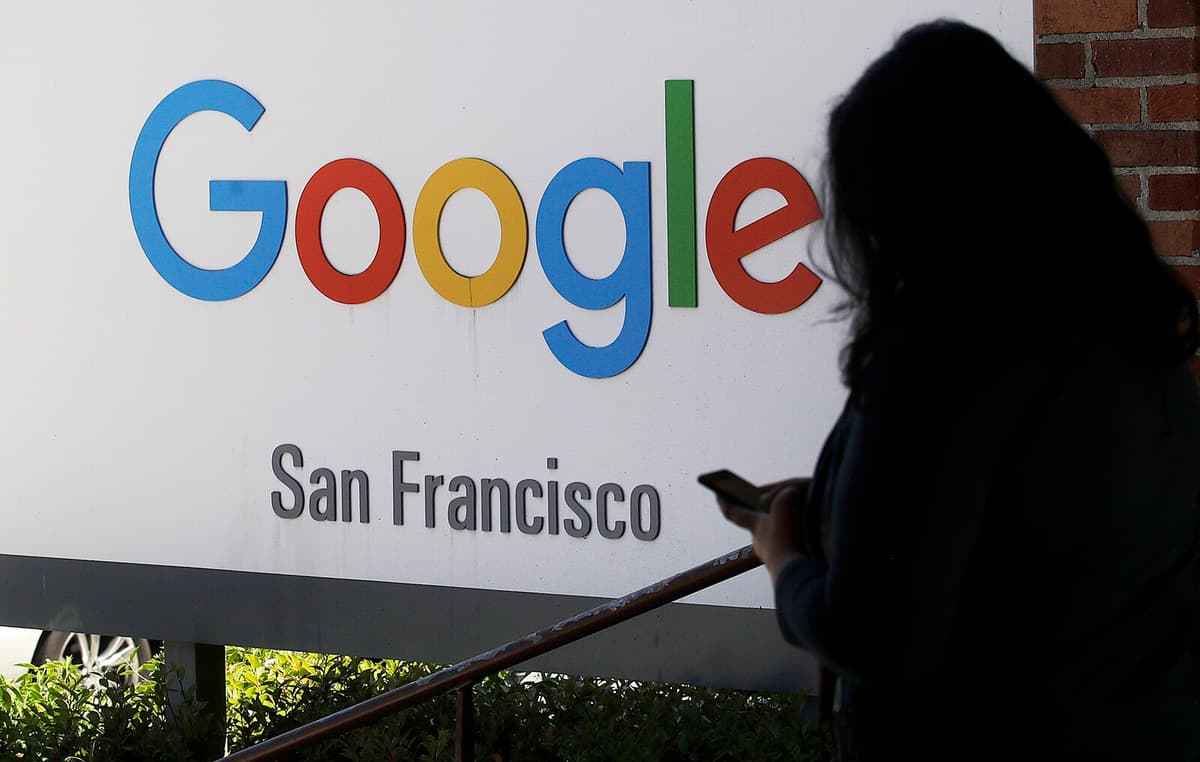How companies track customers online has been a heated debate for several years. Integrity-violating, critics argue. Necessary knowledge in a digital age, according to many who want to convey a message.
Google, with its ad network, is the heaviest player on the market. In 2024, the ad segment accounted for 75 percent of the company's revenue. What Google decides has significant consequences for the rest of the market. Last year, the company changed its stance on cookies, from trying to remove them from the internet to continuing with them. Tomorrow, Google is making a new U-turn – and allowing advertisers to track customers via so-called fingerprinting.
It collects more data points than cookies, says Peter Mackhé.
Not easy to say no
Simplified, cookies are only stored in the web browser you use and are relatively easy to remove if you want to avoid being tracked. Fingerprinting technology, on the other hand, collects information about, among other things, the device you use, your IP address, operating system, language and time settings, and so on. This means it's easier to recognize you if you, for example, log in or stream content to a TV.
Unlike cookies, which in most cases can be easily declined, there is no simple "click here to decline" option for fingerprinting.
From a privacy perspective, one can certainly question this. From an advertiser's perspective, it's usually about the more data you have, the more you can target your message, says Peter Mackhé.
"Privacy-enhancing"
Google previously opposed allowing companies in its ad network to use fingerprinting, but has now changed its mind. In a comment to TT, the company's Swedish press department writes:
"We have updated our platform policies to reflect new privacy-enhancing technologies that reduce risks and support the growth of new channels such as connected TV (CTV, i.e., connected TV devices)."
Google does not want to answer follow-up questions about the criticism of fingerprinting.
Peter Mackhé points out that there are different camps within the advertising world regarding whether online tracking is even effective:
Say you buy a pair of shoes in a store. You would never accept the seller following you out of the store with offers, and home on the bus, and home through the door.
Google's new guidelines on fingerprinting, which have been known for a while, come as the EU this week scrapped efforts to pass the e-privacy directive.
The legislative process began in 2017 and was roughly intended to protect citizens' personal data in connection with electronic communication. However, the process dragged on and other adjacent and already implemented laws, such as GDPR and DSA, have taken up similar aspects.
An expert in the field describes to tech site Techcrunch how the work on the legislative proposal towards the end was "a slow-motion funeral".






